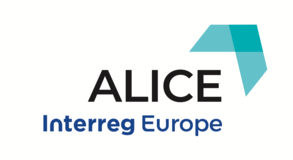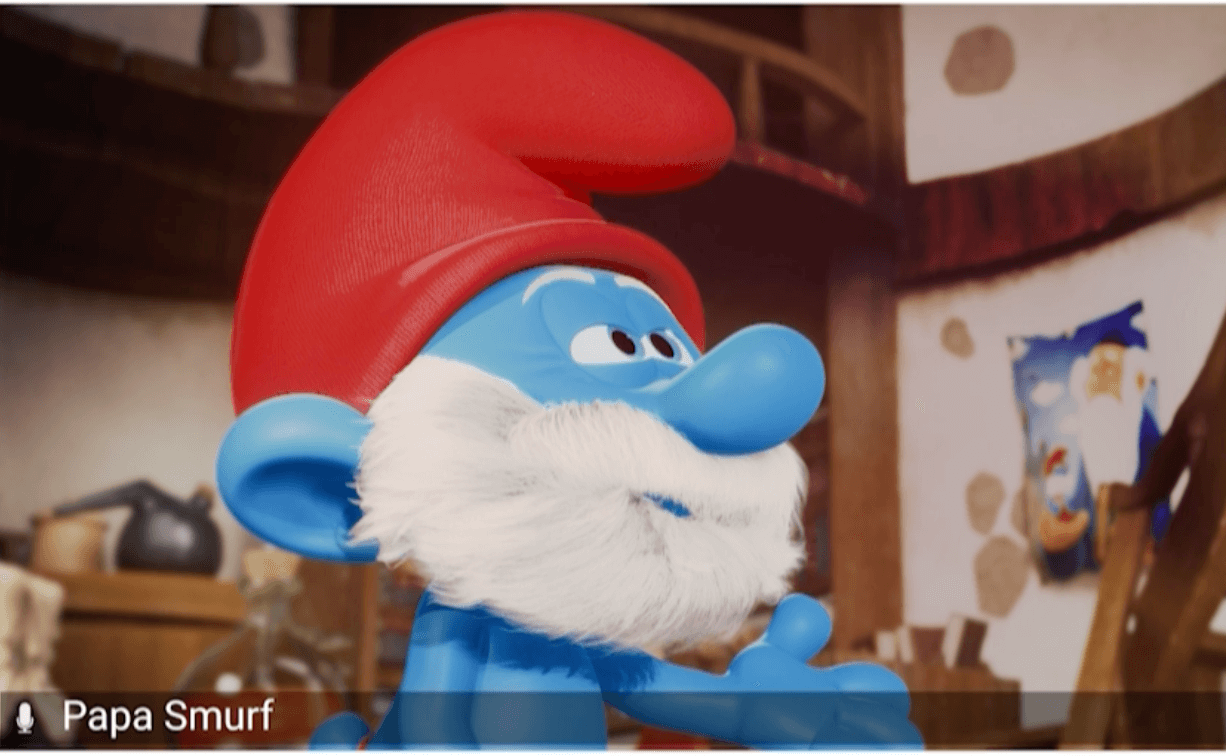On June 29, 2021, the Rseszow Development Agency invited representatives from animation companies, industry independent workers, Polish cultural institutions and the press to join an online meeting about the relevance and best approaches to developing cooperation between business and academic organisations. The event was co-organised with the Association of Polish Animation Producers and the University of Information Technology and Management (WSIZ), in the framework of the ALICE project.
The main purpose of the meeting was to raise awareness within the industry of the need to collaborate with educational institutions in order to create student programmes that better fit the market’s qualification requirements and be able to produce proficient professionals. Mr. Łukasz Bis, Vice-Dean of WSIZ’s College of Media and Social Communication for Computer Graphics and Multimedia Production, emphasized the importance of providing students with both a solid academic foundation and expertise and preparing them for the realities of the job. Based on the successful examples of the co-designed "Multimedia" and "Special Effects and Visualization" specialisations at WSIG, he reminded industry representatives of the important role they could play in supporting universities to adapt existing curricula to the animation sector’s realities or create new, market-oriented courses.
Mr. Marcin Kotyła, representative of the Association of Polish Animation Producers (SPPA), reiterated the crucial importance of getting the industry more involved in shaping the national educational system. He pointed out that bridges could be built between universities and animation studios involved in educational activities, such as GS Animation studio, a certified training center for Toon Boom software used in 2D animation. He also gave examples of successful programmes co-developed by arts schools and private businesses and reminded attendees how multiplying this kind of collaboration would help make the whole industry more competitive. The "The art of creating a doll" workshop, co-organised in 2019 by SPPA, the Film Commission, the Momakin organisation, the Academy of Fine Arts and the Film School in Łódź, was mentioned as a successful initiative that addressed the market shortage of stop motion animation specialists. The 2020 guide for effective education for animation, co-created by industry professionals and universities under the lead of Momakin and based on the study of typical career paths, is also a good example of quality output such collaborations are able to produce. Mr. Koyla shared his desire to see a Talent Market grow, where students and emerging animation creators could meet animation companies, present their portfolio and pitch their projects.
Creative producer and “Pigeon” studio co-founder Mateusz Kowalczyk then spoke about the necessity to see the different production models reflected in educational programmes, pointing out that each one requires different sets of competencies. He explained that the development of talent (including highly qualified animators, content creators, script writers and directors) is crucial to developing the ‘creative-oriented’ model based on the creation of original ideas. The production-oriented model, in which companies produce concepts created by others, primarily requires professionals to master a wide range of cutting-edge technologies. While today’s easy access to online courses are appropriate for learning or updating particular skills (e.g. using a new software), they can in no way replace a well-designed university course. He reminded meeting attendees that the industry not only has a role to play in shaping university curricula but also guiding students, providing internship opportunities as well as training programmes and workshops to maintain a qualified workforce.
The meeting ended in a more informal discussion about participants’ specific qualification needs, ideal graduate profiles and recruiting issues. They recognized the urgent necessity to create university-industry partnerships to keep up with the fast-changing market and stay competitive. This will be a top priority for the Rseszow region in the year to come. The region plans to launch a series of initiatives to develop such partnerships in September, under the action plan designed within the framework of the ALICE project.




